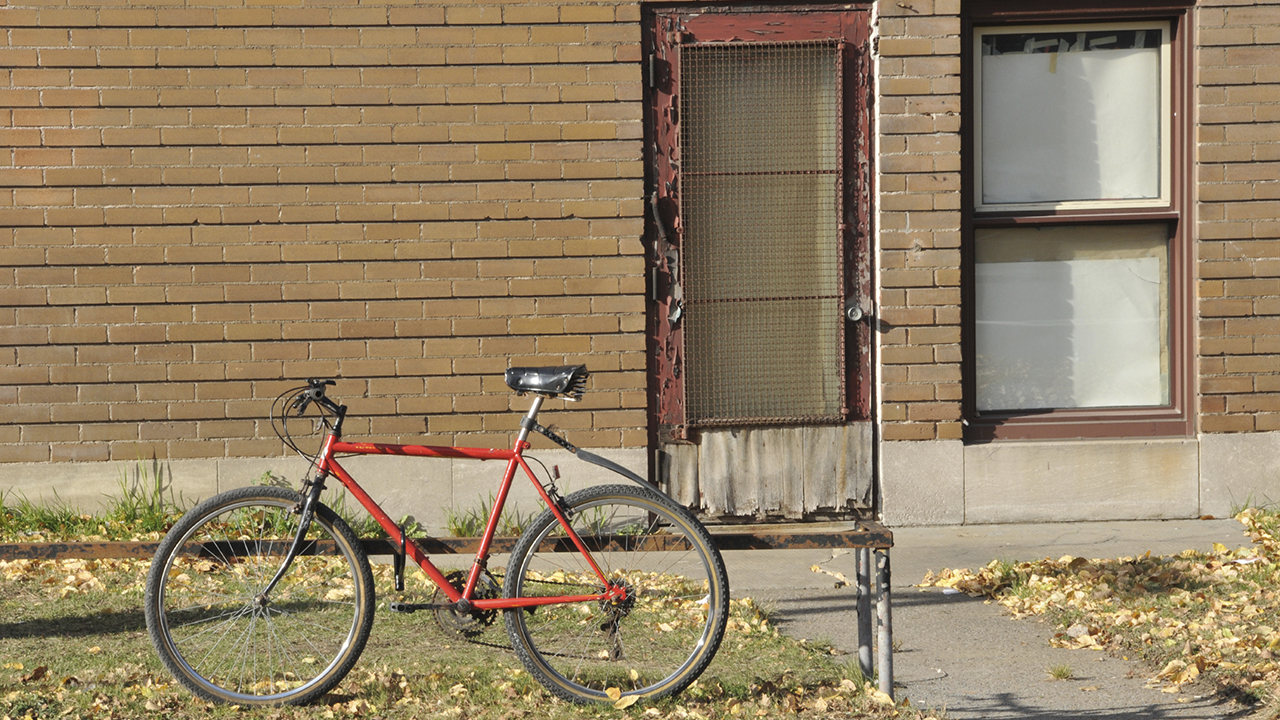
The United States has a long history of discrimination—racism, sexism (including transphobia and homophobia), and ableism—in housing and in the broader U.S. economy that causes women, women of color, disabled people, and LGBTQIA+ people to disproportionately face economic insecurity and struggle to afford basic necessities, like housing. Policies today still fail to address these deep structural inequities so that all people can meet their basic needs.
This issue brief updates and expands on renter data presented in our 2022 publication, The Roots of Discriminatory Housing Policy: Moving Toward Gender Justice in Our Economy. This brief also updates and expands on renter data presented in the 2022 report, including state by state data, and describes policy changes needed to create a more equitable housing system for women of color, disabled people, and LGBTQIA+ people.
Key Takeaways:
- In 2021, nearly half of single women raising children and who identified as Black, Native, AANHPI, or Latina were severely cost-burdened, which means that they spend more than 50% of their income on rent. These high rates of severely cost-burdened renters persisted in 2021 despite many of these families receiving an expanding Child Tax Credit and emergency rental assistance.
- The state-level data on individuals who were behind on rent from 2021-2023 revealed that in 45 states and DC, a greater share of women compared to men reported being behind on their rent. This discrepancy was ever greater for women of color and disabled women.
- Deep investments in rental assistance and increasing the supply of accessible and affordable housing, as well as increasing tenant protections and fair housing enforcement, would help ensure rental housing is equitable to all.
